Must-have Mics: Essential Microphones for your Mic Locker
A list of indispensable mics for recording and sound reinforcement.
From basement club gigs and bedroom studios, through to stadiums and super-studios, certain microphones shine through as classics and “must-haves”. Here’s our list of 8 Essential Microphones for all applications and all budgets…
In this Article:
So what makes for an “essential microphone”? For the most part, an essential microphone is one that becomes a “go-to” anytime you’re looking to mic-up a particular instrument. An engineer, whether live or in the studio, needs to be prepared for any situation. Having a well-equipped mic box, with a tool for every situation, will not only result in great-sounding mixes, but it will also get you hired back for future gigs.
Essential Microphones
Our microphone choices are based on our own experiences both in the studio and on stage. There’s a range of microphones here from dynamic through to condenser and even ribbon microphones. You can buy the cheapest microphones here for under $100, but if you’re on a budget, don’t worry; these microphones represent the industry standard style of microphone for each instrument source. Alternatives are available at all price points; if you’re in any doubt, don’t hesitate to contact our friends at Thomann for advice on the best mic for your application and budget!
So, without further ado, let’s get down to our list of essential microphones…
Essential Microphones: Shure SM57
If you only have one mic to make a record with, the SM57 is a sure option that sounds great on virtually any instrument under the sun. With its uniquely contoured frequency response curve, the 57 has a magical presence range that requires very little EQ in many cases. What’s more, it can handle astonishingly loud sound sources, so it’s equally useful in studio as it is on stage.
One of the design idiosyncrasies when it comes to using the 57, comes from its rotatable grill at the end of the mic. Particularly in close mic situations like snare drum, for example, this grill can start to give off an audible rattle. Fortunately, this problem is easily solved with the A2WS windscreen or a strategically placed piece of foam, but be careful not to block the sound vents.
As a dynamic moving coil mic, the 57 is a naturally low-output device with an impedance rating of 310 ohms. This means that the average preamp inside a budget audio interface will not provide sufficient discrete amplification, and instead, you’ll be adding noise when boosting the gain. Luckily, a Cloudlifter or a better quality discrete preamp can optimize the signal for recording or live sound.


Essential Microphones: Shure SM7B
It might not be as useful as live mic, but the Shure SM7B certainly deserves a place in your studio’s mic locker. Because dynamic mics don’t pick up nearly as much of the ambient reflections in a space as condensers do, the SM7B is ideal for capturing sounds in rooms without any acoustic treatment.
As it’s technically a broadcast mic, the SM7B has features to roll off the low-end and boost the midrange presence for improved speech intelligibility. However, like the SM57, you’ll be astonished at the wide range of different sources you can capture. While it might not have the same textured ‘bite’ as the 57, the SM7B has a broader bandwidth, and the ability to dial the mids forward is a useful feature.
Besides vocals, the SM7B will also get great results on acoustic guitars, amplifier cabinets, brass instruments, and even kick drums. Meanwhile, one thing to keep in mind is that the SM7B is also a low-output mic that requires a Cloudlifter or dedicated preamp to boost the gain to a usable level.

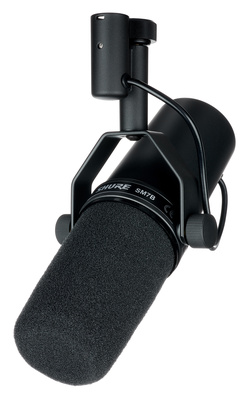
Essential Microphones: Sennheiser MD421
If you plan on recording drums, the MD421 will help you capture toms with the warm low-end character that you love from so many famous recordings. Like the Shure SM7B, the MD421 was originally designed for broadcast and also sounds great on vocals, guitar amps, and brass instruments.
With the built-in 5-stage bass switch, you can optimize the frequency response for your specific application. This is useful for drumkit recording, as it allows you to have each of the toms on a different setting, so you can define the low-end response according to the size of each drum.
The MD421 is also available in a smaller and slightly more affordable model called the MD421 Kompakt. While it doesn’t have all of the same features as its big brother, it does have the same sound character and therefore shines in all of the same recording applications.



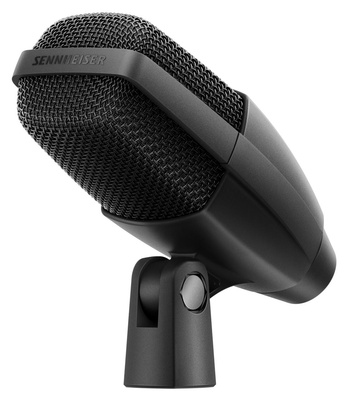

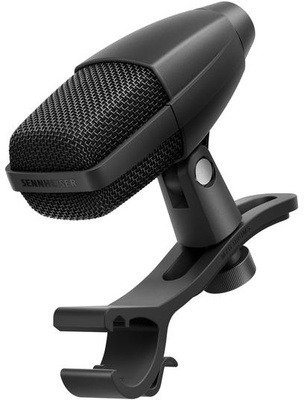
Essential Microphones: Neumann TLM 103
When you’ve managed to create a quiet recording space and controlled the reflectivity of your room a little, it’s time to start using a mic that can capture the finer details of the vocals and guitar performance on your records. With the TLM 103, you get the pronounced, upfront clarity that the U87 is known for, but with a more modern voicing.
Neumann’s transformerless microphone range was first introduced in the 1980s, and became popular due to its crystalline high-frequency vocal character that suits the musical landscape of today. In recent times, this has contributed to the rise of delicate vocalists like Billie Eilish, who have matched the mic with electronic sounds to great effect.
The beauty of the TLM is that you can plug it straight into the average audio interface and get great results without needing to push the gain. The sound character matches perfectly with the popular plugin processors like Melodyne, AutoTune, and Little AlterBoy, so you can get professional pop vocals without too much trouble.

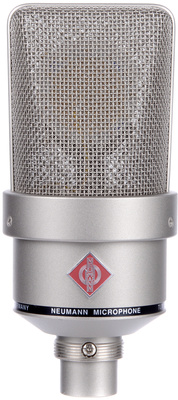

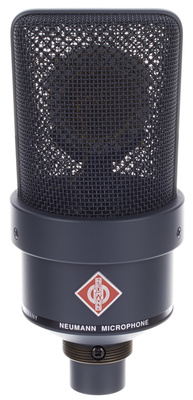
Essential Microphones: RODE NT55
If you’re expanding your mic locker for stereo recording applications, the RODE NT55 matched pair provides the ideal foundation. Small-diaphragm condensers or “pencil mics” as they are sometimes called, are extremely versatile for use in almost any size room for capturing a wide range of instruments.
Naturally, there is a huge range of small-diaphragm mics available, but what makes the NT55 kit special is that it has interchangeable screw-on capsules for switching from cardioid to omnidirectional pickup patterns. This allows you to pull the mics back and take a more ambient approach in larger spaces.
In addition, the NT55 has three-position switches for the high-pass filter (75 and 150 Hz) and the pad (-10 and -20 dB) functions. This allows you to prevent low-end vibrations or optimize the mics for high-SPL sound sources like large orchestral recordings.

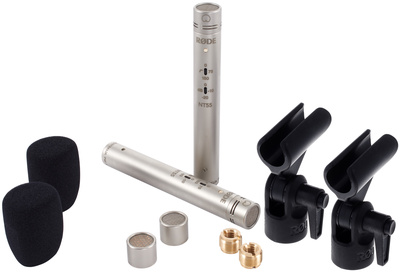
Essential Microphones: Shure SM58
The sister microphone to the SM57, the SM58 is the de facto live vocal microphone. For many of you, an SM58 is likely to have been your first microphone purchase. Essentially an SM57 with an integrated windscreen, no mic collection is complete without at least one SM58.


Essential Microphones: Shure Beta 52a
No mic box is complete without a dedicated “kick drum microphone,” and the Shure Beta 52a is an excellent choice. It sounds great on just about any kick drum and can be EQ’d easily to fit genres from jazz and pop through to rock and metal.
You’ll also find the Beta 52a a good choice for bass guitar cabs and even lower-pitched brass instruments. Basically, anywhere you have a low-end voiced instrument and you need it to cut through, whack a Beta 52a in front of it!

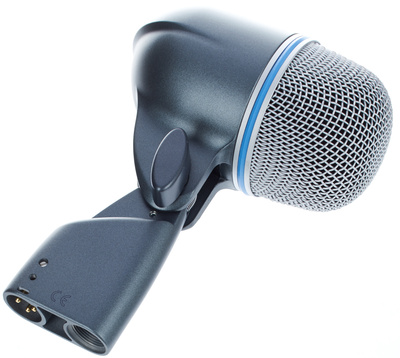
Essential Microphones: AKG C414
The AKG C414 is a large-diaphragm condenser microphone that is unique in this context in offering multiple polar patterns. In the studio, being able to switch between the omnidirectional, figure of 8, and cardioid/super-cardioid patterns can really aid creativity.
You’ll see C414s being used on stages and studios the world over as it’s something of an industry standard for drum overheads and grand pianos. Let’s not forget that it’s also an outstanding choice as a studio vocal microphone too!


Essential Microphones: Beyerdynamic M88
The Beyerdynamic M88 is a well-kept secret amongst studio and stage engineers alike, but we’re happy to share it with you as this is a superb microphone. A dynamic microphone, the M88 is characterised by ruler-flat frequency response and high SPL handling.
Put in front of any vocalist, a skilled engineer can EQ this mic to sound amazing on pretty much anyone. The M88 is also amazing on low-frequency sources such as kick drums and bass cabs.


Essential Microphones: Coles 4038
And finally, here’s the curveball of our line-up of 8 Essential Microphones! The Coles 4038 is the oldest microphone design here, being originally designed by the BBC back in 1953! It’s a ribbon microphone and also offers a figure 8 polar pattern; we’d recommend leaving this one in the studio.
So why is it here then? Well, if you’ve never heard a ribbon microphone, you’re in for a treat! Unbelievably smooth, the 4038 has the ability to round off edges and sweeten and smooth sources. Try using a 4038 anywhere you’d use a large-diaphragm condenser and be amazed at how sweet, smooth, and airy your mix now sounds.
Many saxophone players swear by them, and on drum overheads, cymbals sound heavenly. If you ever have the chance to use or own a Coles 4038, don’t hesitate!

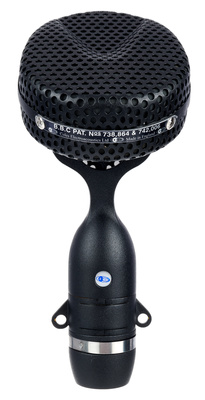
More about Essential Microphones:
*Note: This article contains affiliate links that help us finance our site. Don’t worry: the price for you always stays the same! If you purchase something through these links, we receive a small commission. Thank you for your support!
4 responses to “Must-have Mics: Essential Microphones for your Mic Locker”

 4,6 / 5,0 |
4,6 / 5,0 | 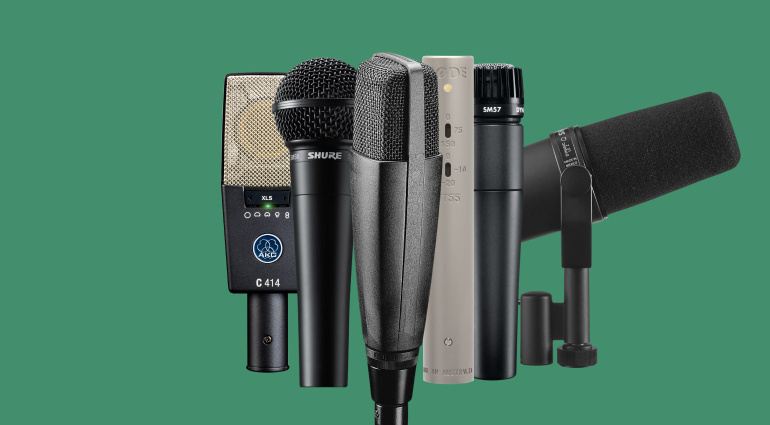

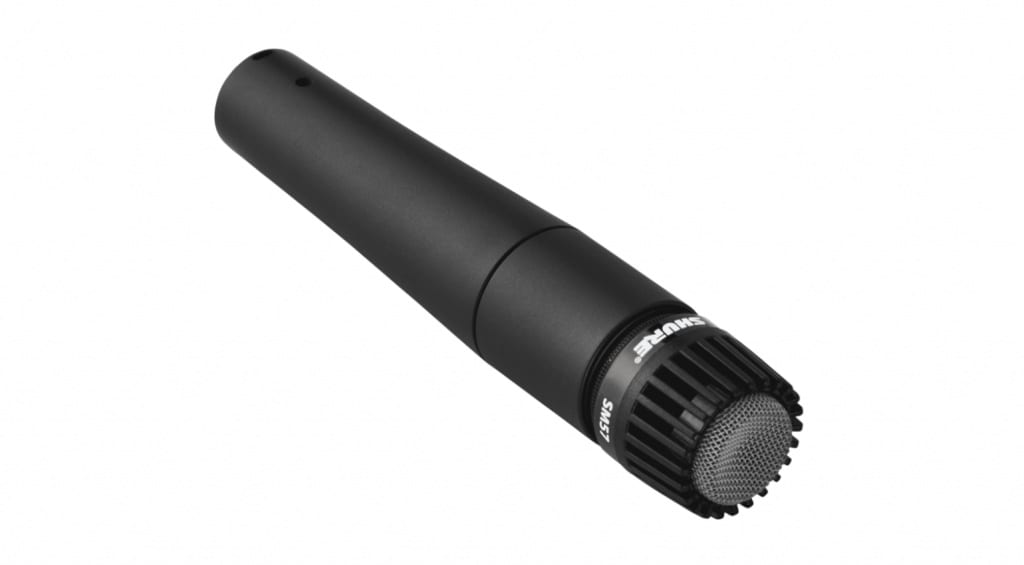
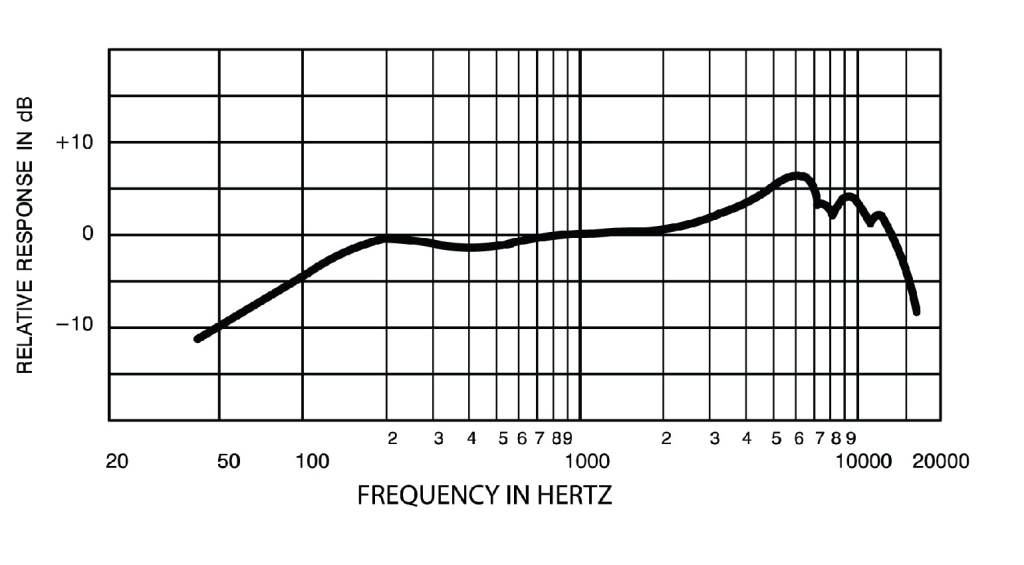

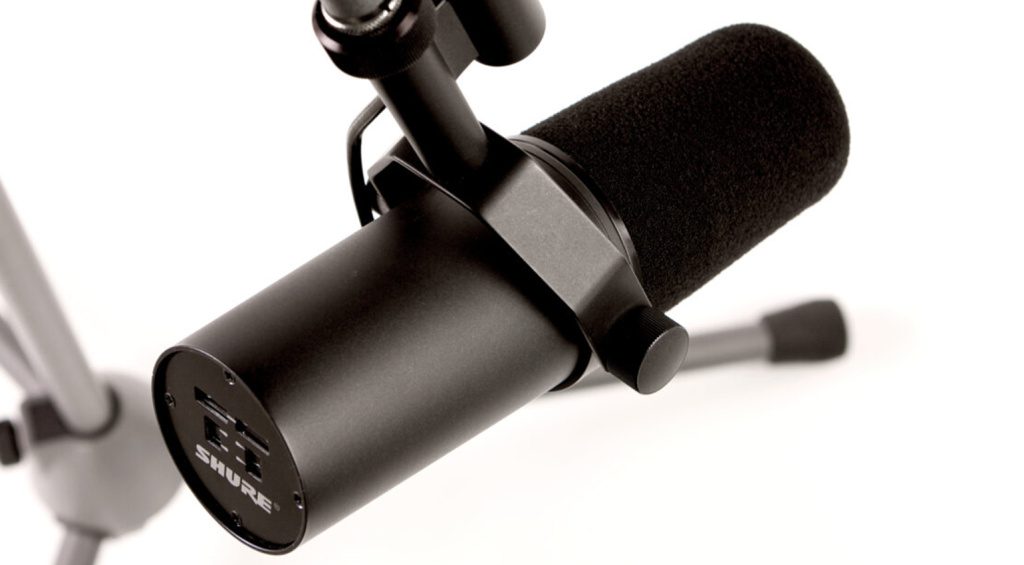
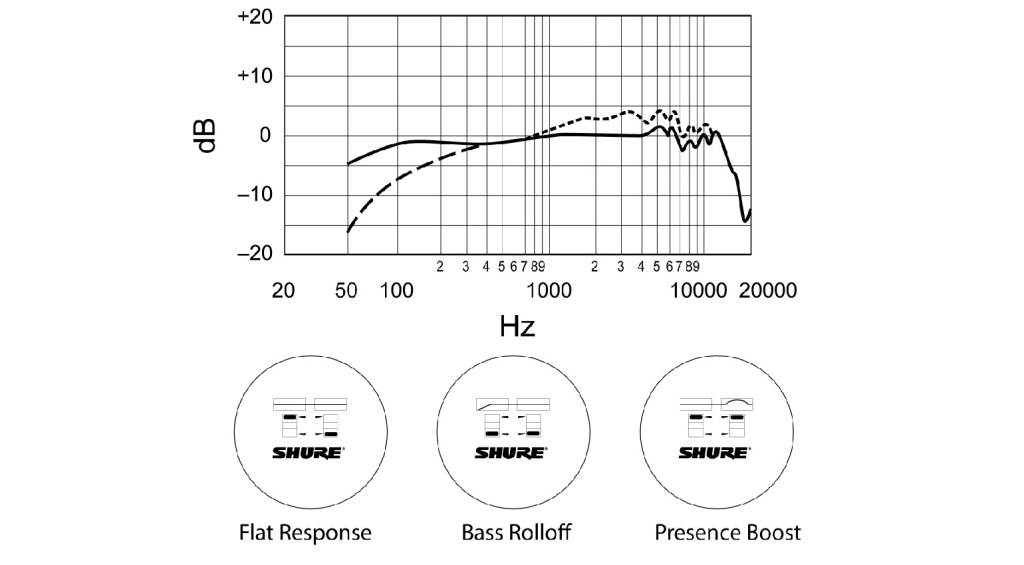
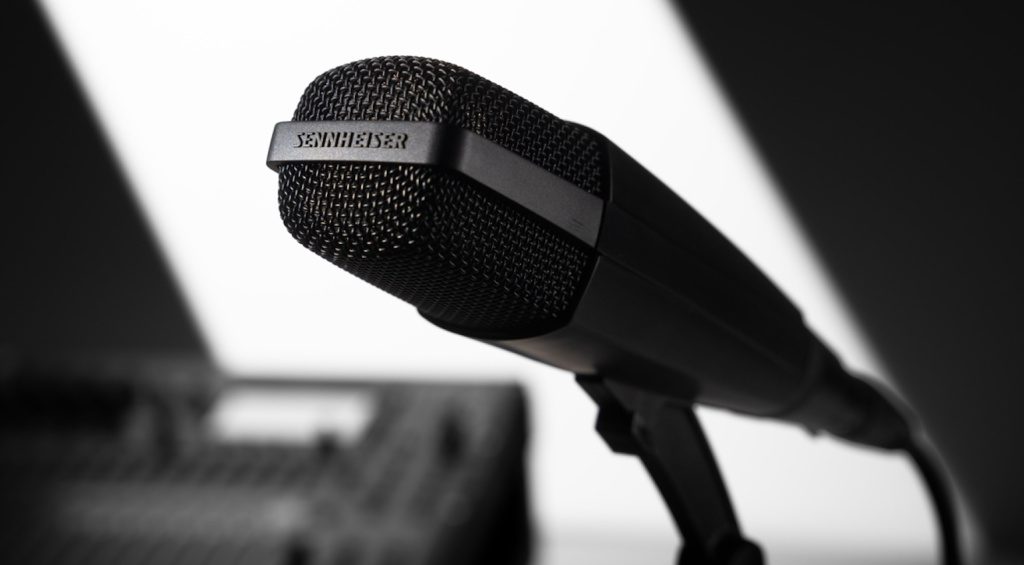

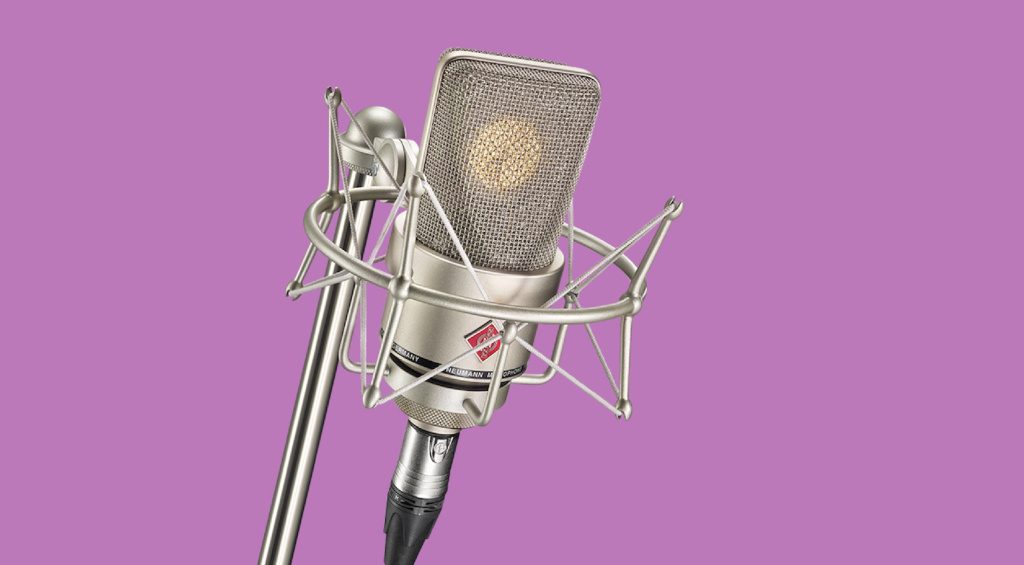
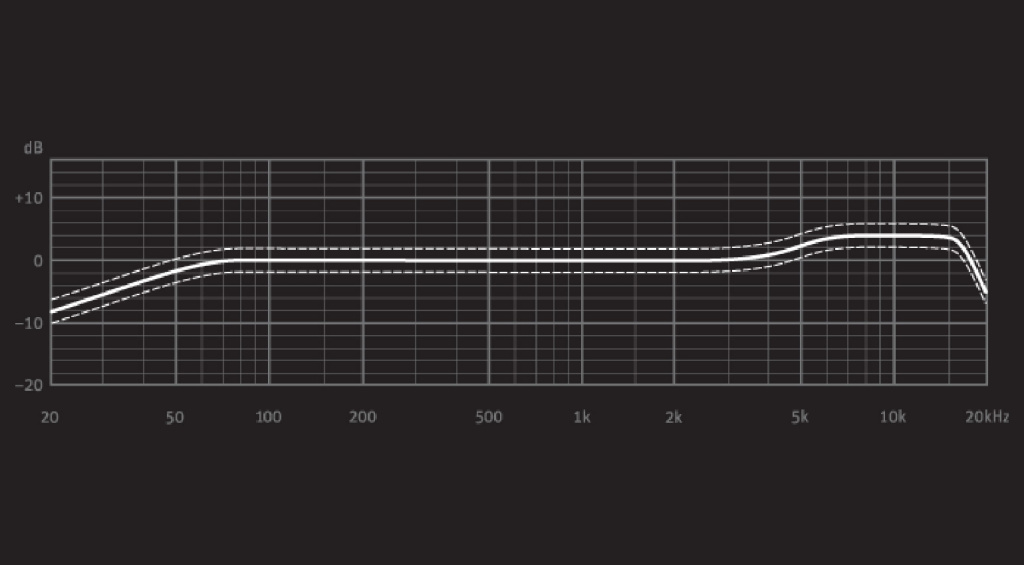
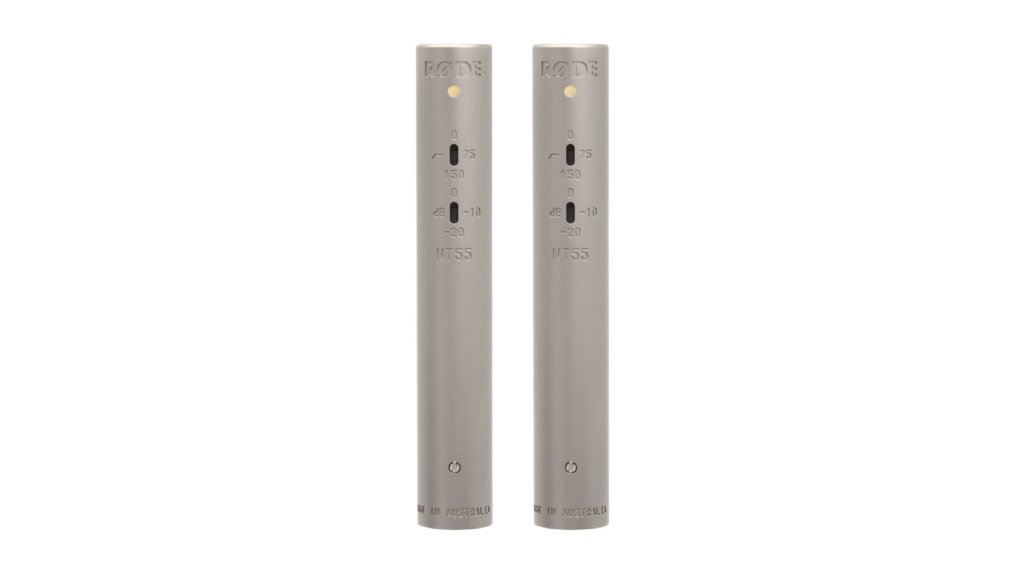
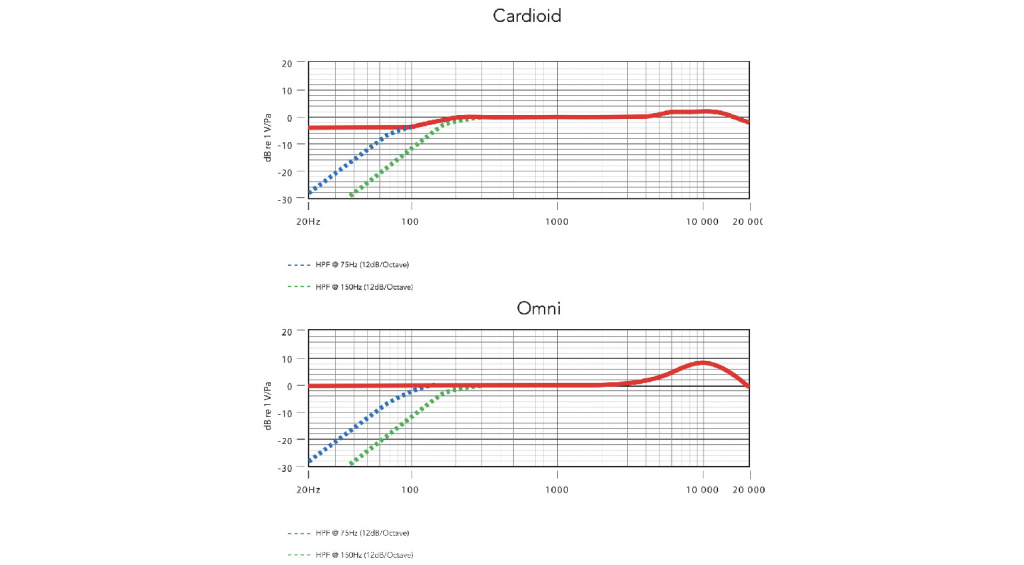
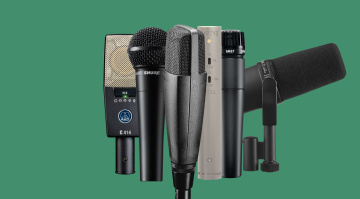

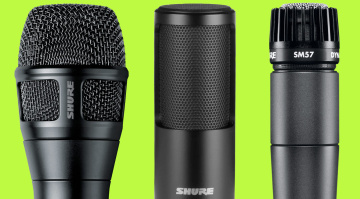
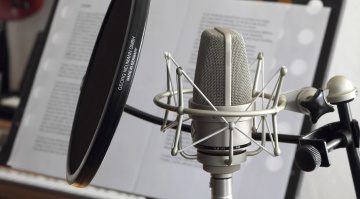
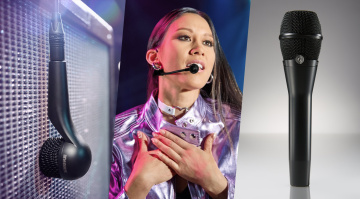
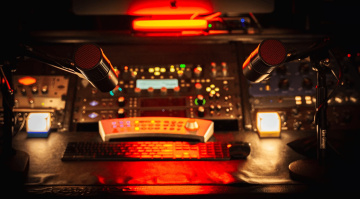

Relying too much on the big names that are no where as good as they used to be. There are so many boutique brands doing better for less. Soyuz, Heiserman, Stager, Ohma, Mojave etc
Boring list, branch out.
Not to mentioned the outrages price .
AT2020?
mxr is good!